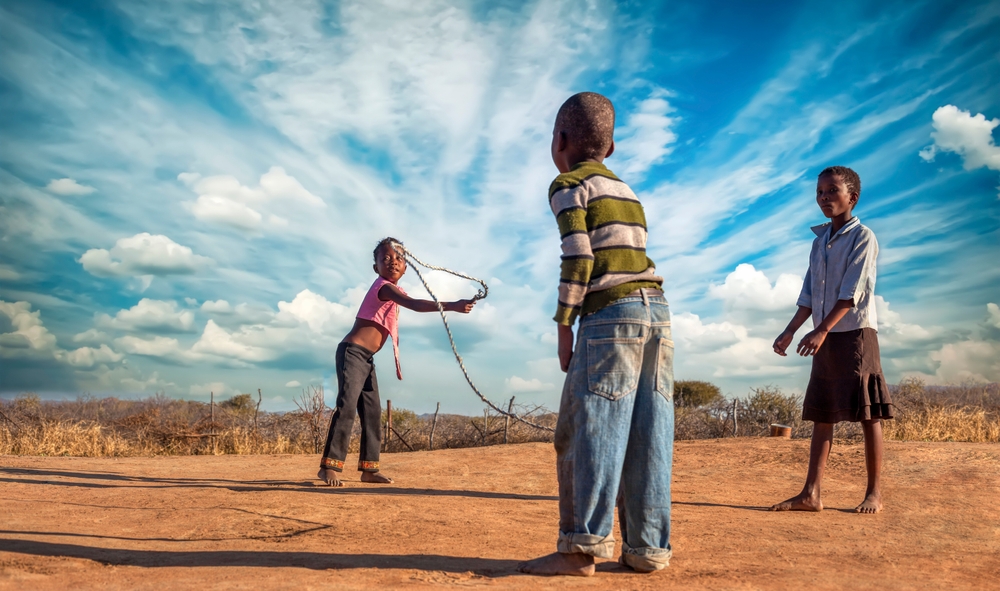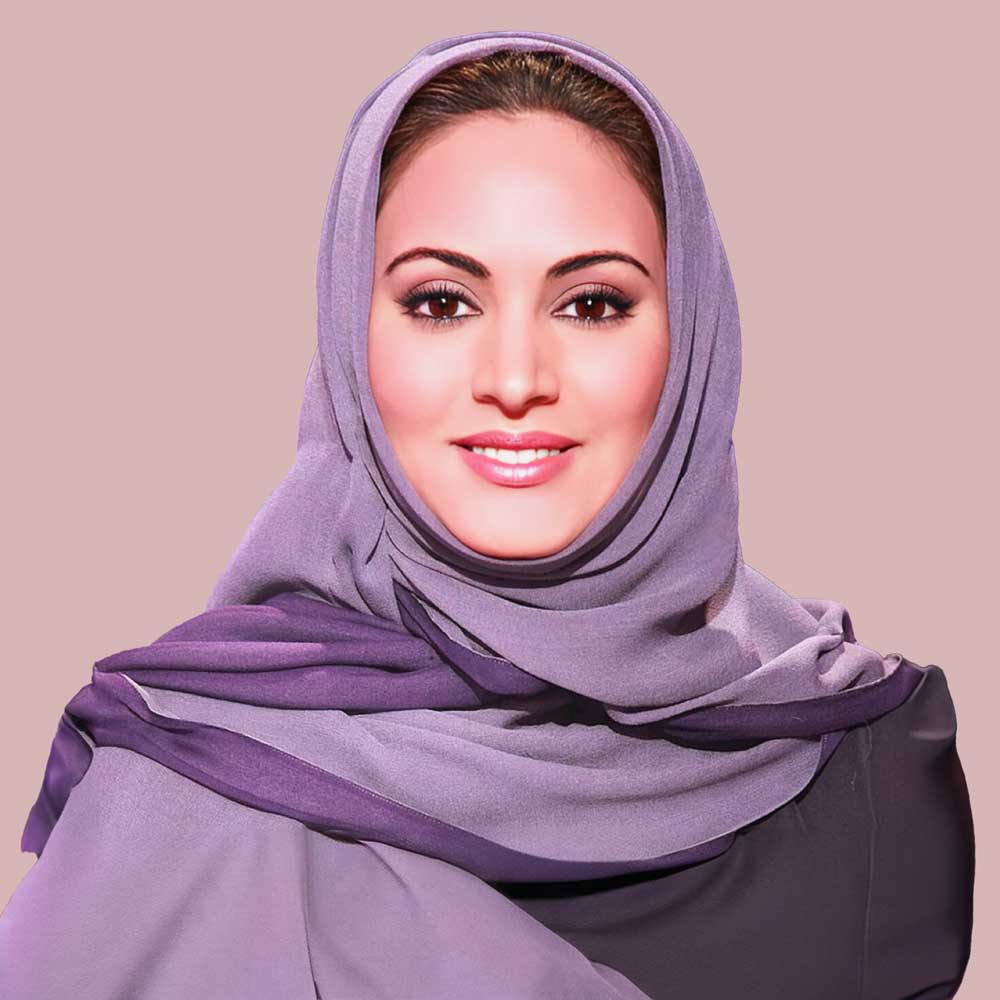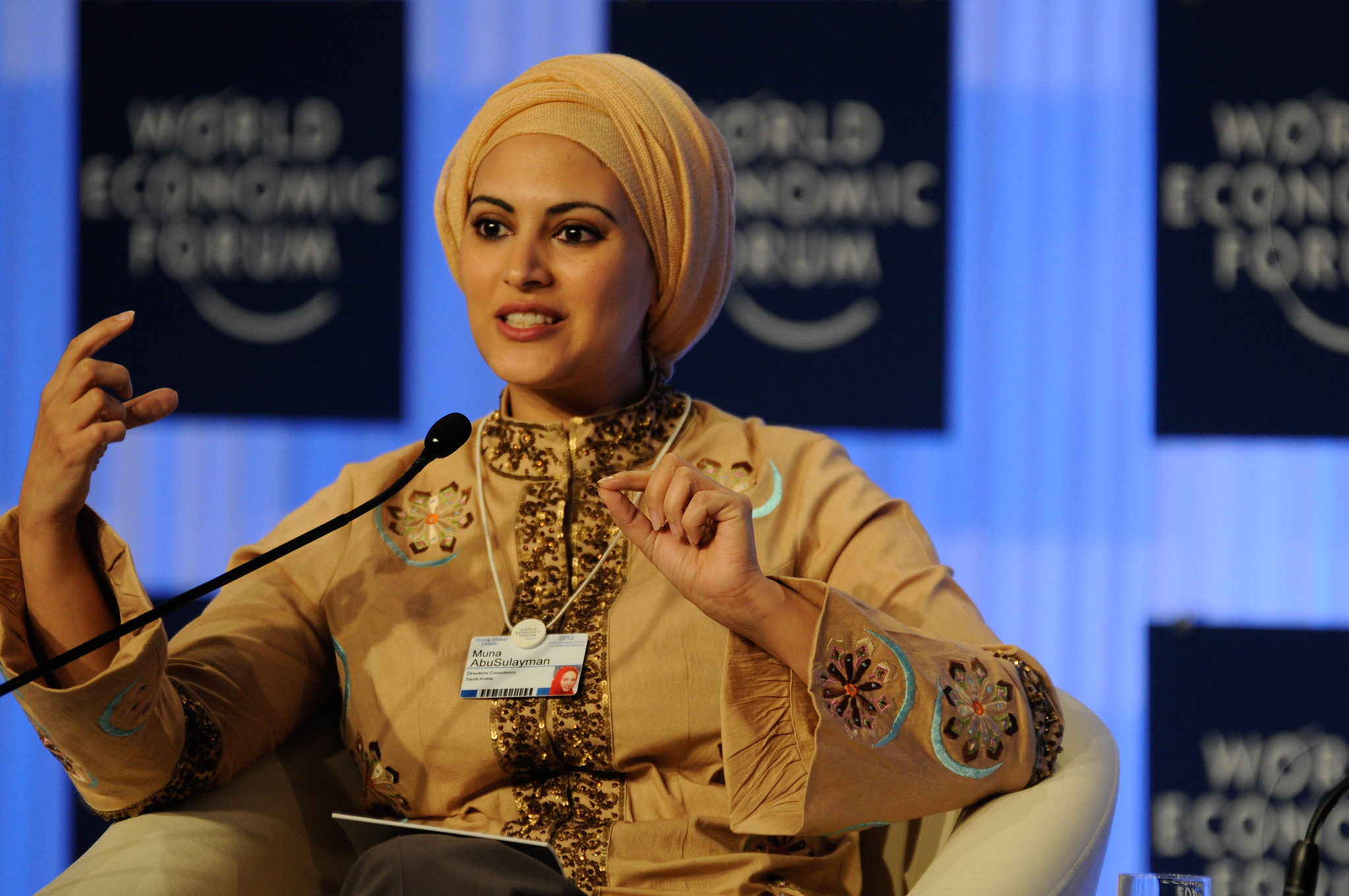Why storytelling matters
Saudi media specialist and development leader Muna AbuSulayman explains why storytelling matters for foundations and nonprofits
Wednesday, 01 November 2023

Saudi media specialist and development leader Muna AbuSulayman explains why storytelling matters for foundations and nonprofits
Wednesday, 01 November 2023

 Muna AbuSulayman is a Saudi businesswoman, television presenter, influencer, humanitarian, and international development leader. She was the founding director of the Alwaleed Bin Talal Foundation, and is currently a partner in Transform VC, a Silicon Valley-based venture capital investment and advisory firm.
Muna AbuSulayman is a Saudi businesswoman, television presenter, influencer, humanitarian, and international development leader. She was the founding director of the Alwaleed Bin Talal Foundation, and is currently a partner in Transform VC, a Silicon Valley-based venture capital investment and advisory firm.
Information is power. If the right person is given the right information at the right time, their life will be changed, and with the domino effect, you help them change the lives of others. Whether you’re working in philanthropy or media, or education or advocacy, good storytelling is vital. But there is a problem: there are just too many stories out there right now.
It used to be a case of having to look for a piece of information. Now, the information landscape is more like a standing-in-front firehose with thousands of pieces of information directed at us in an onslaught.
Our job has become about figuring out how to stop that flow and to find what we really need. How do we get the right piece of information in front of the right person at the right time?
Whether it’s charity, social impact, philanthropy, or government, you need partnerships with the media to help you get your messages across.
Choosing your outlet carefully. An important starting point is to ask why a particular media organisation would care about your message. Don’t expect a newspaper or television show to share your story; be more strategic and put the time in to engage and build relationships in a way that makes sense to them.
Know your audience: understanding behavioural trends is essential. Learning what people want to hear about and what they respond to is important.
It’s also vital to understand how your targeted stakeholders consume or get their information. Is it through the presentation of expertise, through a TikTok, or via a seminar?
Wherever they are, you have to be there. You can’t just be on any segment on any random television show or channel, and hope to reach people, it doesn’t work like that anymore.
“The way to have influence in the Arab world is being seated at the right table with the right people at the right time.”
Muna AbuSulayman

Muna AbuSulayman is a leading voice in Saudi media and a prominent global speaker. Photo: World Economic Forum.
The Middle East is one of the highest consumers of social media so if you’re looking to attract younger funders or connect with younger audiences on certain issues, you need to be on TikTok. And what’s more, you need to know who the key influencers for segment are on TikTok and to engage with them.
An amazing example of this is a partnership between Abo Flah, a gaming influencer and UNHCR. The Kuwaiti YouTuber raised US$10m in 10 days for the UN’s refugee agency, UNHCR, by locking himself in a glass box in downtown Dubai.
Official or more established institutions might feel it's beneath them to engage with these young influencers on these new platforms. However, social media is now part of the mainstream media, and you need to be there if you want to be relevant. And you must be creative to engage with your audience.
When it comes to advocacy for specific issues and causes, you need to understand the nuances of where you are. The way to have influence in the Arab world is to be seated at the right table with the right people at the right time.
But you must be prepared and be able to explain how the issue you are advocating for is important to their constituents. You must present solutions. This is a very different type of discussion. It is a different way of presenting yourself and the issue. It's a different way of connecting and networking but it is very effective.
Remember advocacy is a long game. Most issues are complicated and will take years and combined efforts to resolve. Work on creating alliances so you can share stories to effect social change.
Working together with others is the best way to amplify your messaging. I’m not referring to being on a panel with someone, I’m talking about deep engagement and working together for shared outcomes.
As they say, make a bigger pie, and then there will be a lot more to share.
Muna is a member of the Circle Network and this article is a re-version of remarks she delivered at a closed-door Circle event for philanthropists in September 2023.
It's a good idea to use a strong password that you're not using elsewhere.
Remember password? Login here
Our content is free but you need to subscribe to unlock full access to our site.
Already subscribed? Login here
Sign in to access all of our content and resources.
Not subscribed? Register here. Forgotten your password? Reset here
Simply provide your email, and we'll send you a link to reset your password.
Remember password? Login here